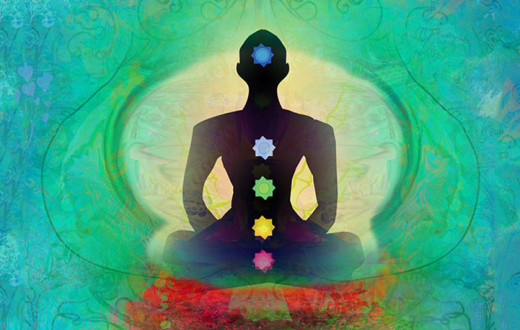(The World Forum for Ethics in Business and the Max Planck Institute for Innovation & Competition team up for a conference series to facilitate the urgent need for a multi-stakeholder debate on ethics in innovation. Here is a transcript of what Gurudev Sri Sri Ravi Shankar said at the conference.)

What is ethics?
Ethics is very simple – what you don’t want others to do to you, you don’t do to others. This is the base line of ethics.
Suppose you are a businessman, you have vendors and you have customers. You don't want your vendors to cheat you, and you also shouldn't cheat your customers. That is the base line.
Three types of innovation
Coming to innovation, I have observed three types of innovation.
#1 Need based innovation
When there is a need, innovation springs up. I want to give you a small example. In a small village in India, there was water scarcity, and whatever little water available there was not drinkable. It was hard water. So, people started innovating – finding how they can filter this water and make it drinkable. They bought three pots and lined them with charcoal, sand and certain herbs and filtered the water – and finally got good drinkable water.
Throughout the history of mankind, innovation has been part of human evolution. When there was need innovation started happening, whether it was for guns, archery, instruments, etc.
#2 Knowledge based innovation
When science developed, knowledge-based innovations started flourishing, like internet, Skype, Facebook and the atomic bomb. There was no need for an atomic bomb – but it got developed through knowledge based innovation as science evolved.
#3 Accidental innovation
Someone just happened to discover it. Here again, I would say that there are two sub-divisions.
- Collective innovation – science is a collective innovation. We couldn’t fly a rocket to Mars in one generation. It took several generations to discover how to do this. Discovery of airplanes and helicopters took the collective effort of generations. Through time and effort of generations, we have achieved many things.
- Individual innovation – that is a personal experience. If you want to discover peace, it is not going to happen over the years, you have to do it right away. You want to find out how tasty a piece of pie is, you have to take a bite. No one else can find the taste for you. So, there are individual discoveries of compassion and clarity.
Suppose you want to write a poem, it is an individual discovery. You cannot borrow someone else's poem, or you cannot write a poetry collectively. You have to wait for the moment when the poem springs out of you, and that is your innovative poem. So many art forms are individual forms of innovation, whereas science or medicine involves collective effort.
It is very important to understand how ethics can influence these fields. For the last few decades, we were told to believe that there is bad and good cholesterol and you have to reduce the bad cholesterol (HDL). Medicines were discovered for that and tablets were given to people. Now the latest discovery is that this is a whole pharmaceutical fraud because cholesterol has nothing to do with heart attack. The latest discoveries say you need not take these medications which cause side effects. For decades, people have been using these medications believing in the mind that they are getting well, but actually they are not. There was no need for them. In fact, the latest studies state that the brain needs cholesterol.
If it is a genuine discovery after which we found that our previous discoveries were wrong, then it is ethical. But if some facts were hidden for commercial reasons from the public, which many scientists have admitted to in the last leg of their life, then it is unethical. We must see to it that ethics takes the front seat when it comes to innovation. If you have innovated something very precious for mankind, we must see that it is available to everybody.
The right judgement of ethical vs unethical
When India sent its first mission to Mars, there was a lot of criticism, both in India and outside of India that when there are so many people starving, what is the need for these people to send a mission to Mars? I tell you, this doesn't make logical sense because you can't stall a discovery just because there are other more burning issues on the ground. For just 70 Million dollars, mission Mars was launched. Its life was supposed to be only six months, but it has stayed on for three years. Yesterday it completed one thousand days on Mars. Here the question is, "Is it ethical?" I would say, "Absolutely."
So, there is a balance we need to strike between intellectual pursuit and practical comfort. Caring and sharing and at the same time discovering the secrets of this universe is essential because these discoveries are meant to bring comfort to individuals.
The purpose of technology is to bring comfort. The purpose of religion, commerce, arts: all cater to bring comfort to an individual in the society. We see the same thing in religion and spirituality as well – there have been discoveries throughout the ages. If religion which is the embodiment of ethics does not reform itself then it creates a problem for the society. Just like technology – a stagnate technology doesn't bring comfort to people. So, whether it is ethics or innovation, the ultimate goal is to bring individual happiness and happiness to the society as a whole.
I will now leave this discussion with a puzzle for you to resolve. Are you ready for it?
A doctor opens a psychiatric clinic in a city, but he doesn't have patients. So, he prays to God, "God, please send me some patients!" Is this prayer ethical or unethical? This is for you to decide.












































